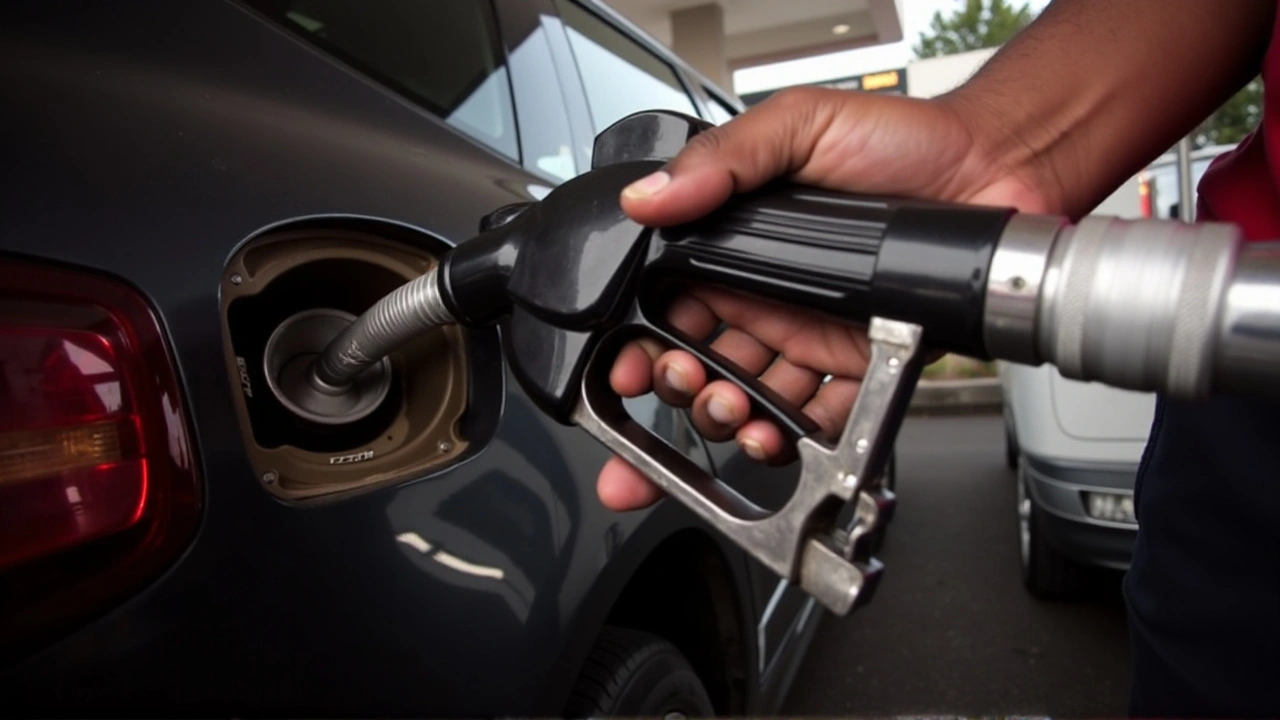Petrol price: How to track changes and save at the pump
Petrol prices affect your daily budget and the whole economy. On Patio Pulse we track fuel updates across Africa so you know when prices climb or drop. This page collects news, official announcements, and practical tips to help you act fast when the market shifts.
What changes petrol prices? Taxes and levies, global crude oil costs, the rand or local currency, refining capacity, and distribution problems all matter. For example, South Africa’s fuel price often moves with the rand and international Brent crude. When the currency weakens, import costs rise and pumps follow. Governments can also change excise duties or subsidies, which can swing prices overnight.
How to get reliable petrol price updates
Follow official sources first: national energy departments and petrol regulator updates are primary. Then use trusted local outlets like Patio Pulse for timely summaries and context. Look for daily or monthly price notices from your country’s fuel watchdog. Apps and community fuel-price trackers are handy for comparing nearby stations, but verify their data against official bulletins before making big decisions.
Smart moves to cut fuel costs
Small changes add up. Keep your tyres properly inflated; under-inflated tyres increase fuel use. Remove heavy items you don’t need and avoid idling — switching off the engine during waits saves fuel. Drive with steady speed, use cruise control on highways, and shift gears smoothly if you drive a manual. Combine trips to reduce cold starts and pick off-peak times to avoid traffic jams that waste petrol.
Consider alternatives when prices spike. Use public transport, carpool, or try a motorcycle or e-bike for short runs. If your workplace allows flexible hours or remote work, cutting commute days can reduce fuel bills quickly. For frequent drivers, compare fuel cards or loyalty schemes — discounts at certain chains can lower long-term cost.
Watch for policy moves that matter too. Fuel subsidies, VAT changes, and carbon taxes affect pump prices and broader costs. Rising petrol often pushes up food and transport fares, so a price move can quickly alter household budgets. Businesses that rely on transport should plan for fuel volatility by building small contingency funds or adjusting delivery schedules.
Want heads-up on big changes? Subscribe to Patio Pulse alerts for petrol price stories in your country. We explain official notices, break down how much of the pump price is tax versus fuel, and show what the change means for your wallet. That way you can plan fuel purchases, choose cheaper stations, or switch to public transport before the next hike.
Need help reading a fuel notice or estimating how a price change affects your monthly spend? Send us your city and average litres per month — we’ll show the math and suggest the best local tips to save.
Small businesses can lock in costs with fuel contracts or forward-buying where available. Track weekly trends, negotiate with suppliers, and pass small, transparent surcharges to customers instead of sudden big price hikes that hurt cash flow today.

South African Petrol Prices to Decrease by 92 Cents per Liter Starting 4 September
Keabetswe Monyake Sep 3 17Starting 4 September, the petrol price in South Africa will drop by 92 cents per liter. This change will reduce the cost of 93 octane petrol in inland areas to R21.79 per liter and in coastal regions to R22.19 per liter. The reduction is part of regular adjustments reflecting global oil prices, exchange rates, and market influences. These price adjustments aim to align the costs with current market conditions and provide consumer relief.
More Detail